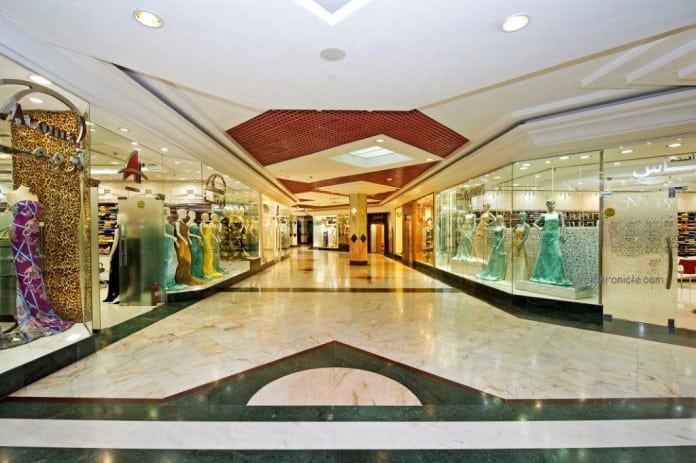
The retail sector in both Dubai and Abu Dhabi saw no noticeable growth during first half of 2016, according to Knight Frank.
Demand remained subdued on the back of a strong US dollar impacting the purchasing power of tourists from Russia, in addition to slow economic growth in China and the Eurozone. In particular, the lower consumer spending weighed down on the bottom lines of personal luxury brands and high-end retailers, which grew at a slower rate in H1 2016 compared to the same period last year.
Domestically, higher inflation rates saw residents reprioritise and redistribute their spending on necessity goods. A recent report by the Dubai Chamber of Commerce reveals that 41% of the country’s consumer spending went on housing in 2014. The next largest expense was food and beverage (F&B), which accounted for 14% of total expenditure.
In fact, unlike other mall categories, restaurants and coffee shops have demonstrated a considerable degree of buoyancy over the past 12 months, as the appetite for out-of-home dining in Dubai has grown. As a result, mall operators have been rigid on lease terms for food and beverage retailers.
Occupancy rates in well-established malls such as The Dubai Mall, Mall of the Emirates in Dubai, and Yas Mall in Abu Dhabi remain high, indicating strong demand for retail units in the right location. Elsewhere, landlords are re-positioning their malls to meet the changing consumer habits, in order to remain competitive and ensure healthy occupancy rates.
The retail market in Dubai and Abu Dhabi is expected to see slower growth levels over the second half of 2016, as economic uncertainty and unfavourable currency exchange rates continue to impact both tourist and domestic spending.
In Dubai, the delivery of extensions to existing super-regional malls is likely to place downward pressure on rents in the short-to-medium term, while the lack of short-term supply completions will keep Abu Dhabi’s retail market stable.
However, landlords are expected to become more flexible on lease terms; offering increased rent-free periods and further incentives to attract and retain the right occupiers to meet their tenant mix strategy.
In the long-term and as global uncertainties begin to ease and confidence in the market picks-up, Knight Frank’s analysts expect to witness another growth cycle for the retail market associated with growth in the hospitality and tourism industry. However, in the short term retailers will have to diversify their offerings and introduce new products, technologies and marketing strategies to remain competitive in the market.





































